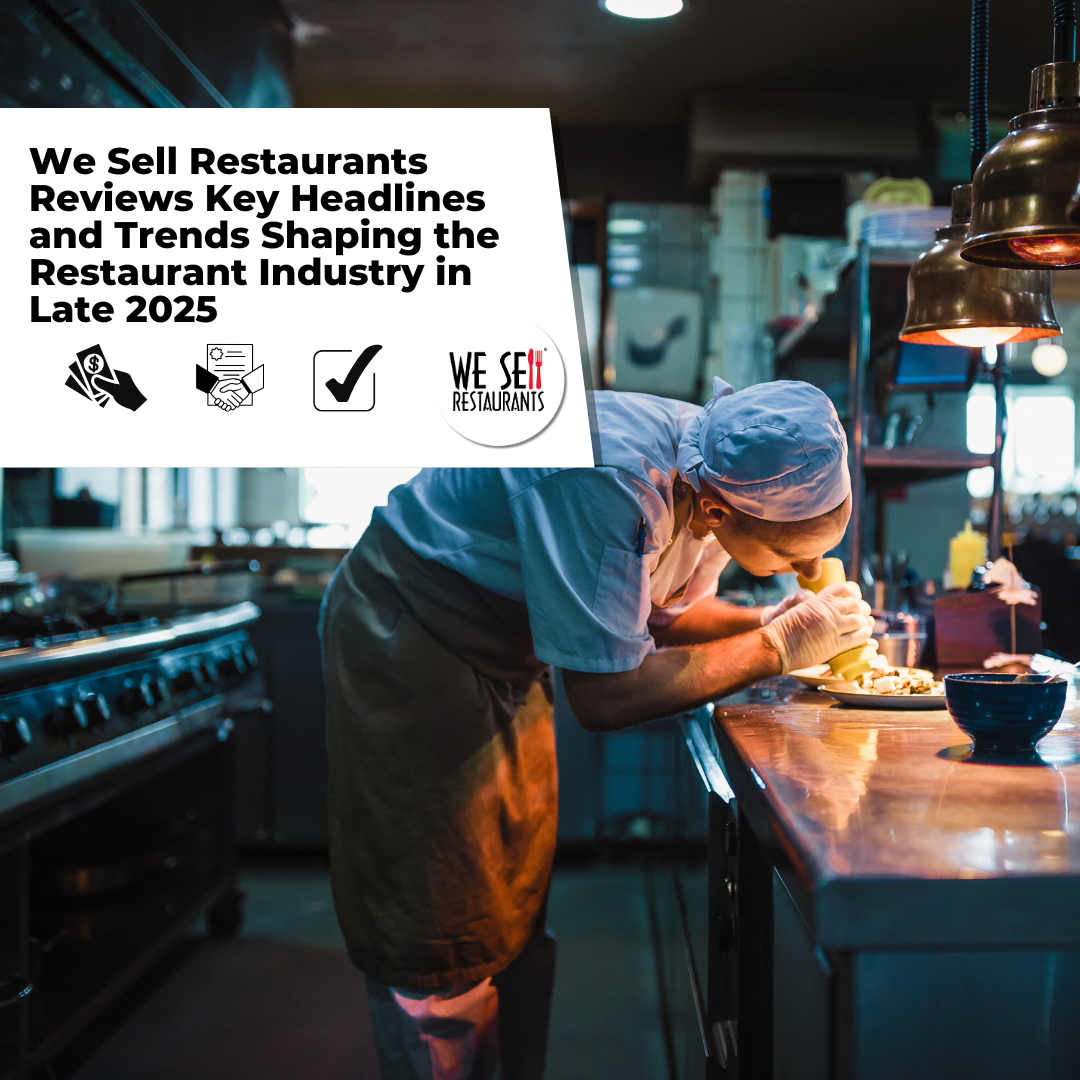 Wondering how to buy a restaurant if your credit is shot or the owner isn’t willing to finance the purchase? This is the fourth in our 5-part series by the restaurant brokers on options for financing a restaurant and this one focuses on one more option – the Bank of You! The great news is that you won’t be turned down by some snotty lender since the control is all yours.
Wondering how to buy a restaurant if your credit is shot or the owner isn’t willing to finance the purchase? This is the fourth in our 5-part series by the restaurant brokers on options for financing a restaurant and this one focuses on one more option – the Bank of You! The great news is that you won’t be turned down by some snotty lender since the control is all yours.
The Bank of You is also known as your own 401K savings. Restaurant buyers often overlook these funds as a source of capital for financing a restaurant purchase without realizing there are multiple ways to use 401K funds without facing a large tax bill from your Uncle Sam.
The easiest approach is to borrow against your 401K. In this option, you are able to simply use your own money as the security or collateral for a loan. The advantages of this option are:
Quick and Easy Credit Scores can be marginal as long as appropriate security is in place.
No Tax Consequences Since you are only borrowing against the securities in your 401K account, there is no “cash out” that would trigger a tax event with the Internal Revenue Service.
Disadvantages –
Costs – No matter how you cut it; this option is still a loan and will cost you setup fees along with interest costs over the term of the loan.
Risk to Source Funds – Your 401K securities are the collateral and if you default on the loan, they would be subject to takeover by the lender and that would or could trigger a tax event in addition to the loss of capital.
The second and most frequent approach the restaurant brokers see used by restaurant buyers is the 401K conversion method. In this option, your 401K is actually converted to capital for the investment using the Internal Revenue Service guidelines and is tax free. In this case, your new 401K is made up of your restaurant purchase. The benefits to this include:
Simple to execute. As long as you use a knowledgeable group like Guidant Financial, the effort on your part is minimal. A top class firm like Guidant will process all of the paperwork, do the legal and accounting effort to keep you in compliance with the IRS and transfer the money in time for you to buy a restaurant.
Short Time Frame. A 401K conversion can be completed in as few as 30 days, a standard amount of time in a closing of a restaurant for sale.
Disadvantages –
Risk to Capital – Like the loan against your 401K, it is possible for you to lose your investment if you take over a restaurant and it ultimately fails. That means you should be confident in your ability and the books and records of the restaurant you are buying. The great thing about using your 401K funds is that you are never taking a taxable distribution. Instead you are you are buying stock, as an investment, in your new company. Better yet, there’s no loan since you’re using your own money, interest-free.
Entrepreneurs like this approach since they avoid debt and interest payments. In addition, since you’re investing in yourself, you have total control over the success of the investment. If you don’t have enough funds in your 401K for buying a restaurant this option can satisfy the down payment requirement on an SBA loan thus using it to supplement traditional financing.
Converting retirement funds is not a new concept. For years private companies have used retirement funds as a source of business capital. Since the passage of the Employee Retirement Income Security Act of 1974 (otherwise known as ERISA), entrepreneurs can take advantage of the same opportunity. So, if you are sitting around trying to figure out your sources for financing a restaurant, don’t overlook that nest egg called a 401K you have been adding to all these years. It’s a definite method to explore when financing a restaurant.
Our last article in this series on Financing a Restaurant – What are My Options is titled, “Crowd Funding - Financing a restaurant with the Help of a Crowd.” The restaurant brokers will publish the next installment in the series next week. Our 5-part series on financing a restaurant includes:
- Financing a Restaurant – What Are My Options?
- SBA Lending – Financing a Restaurant with Uncle Sam’s Help
- Owner Financing When Buying a Restaurant – the Good, Bad & Ugly
- Tax Free Stock Conversions for Financing a Restaurant
- Crowd Funding – Financing a Restaurant With the Help of a Crowd
LIKE this article? Please SHARE it on Facebook, Linked In or Twitter.

 404-800-6700
404-800-6700








